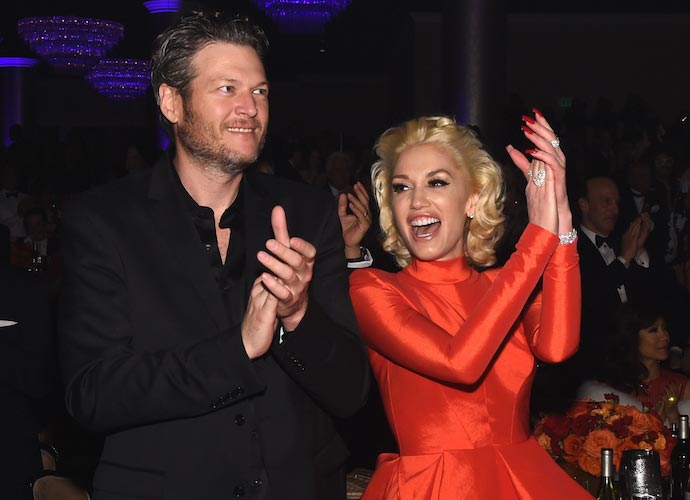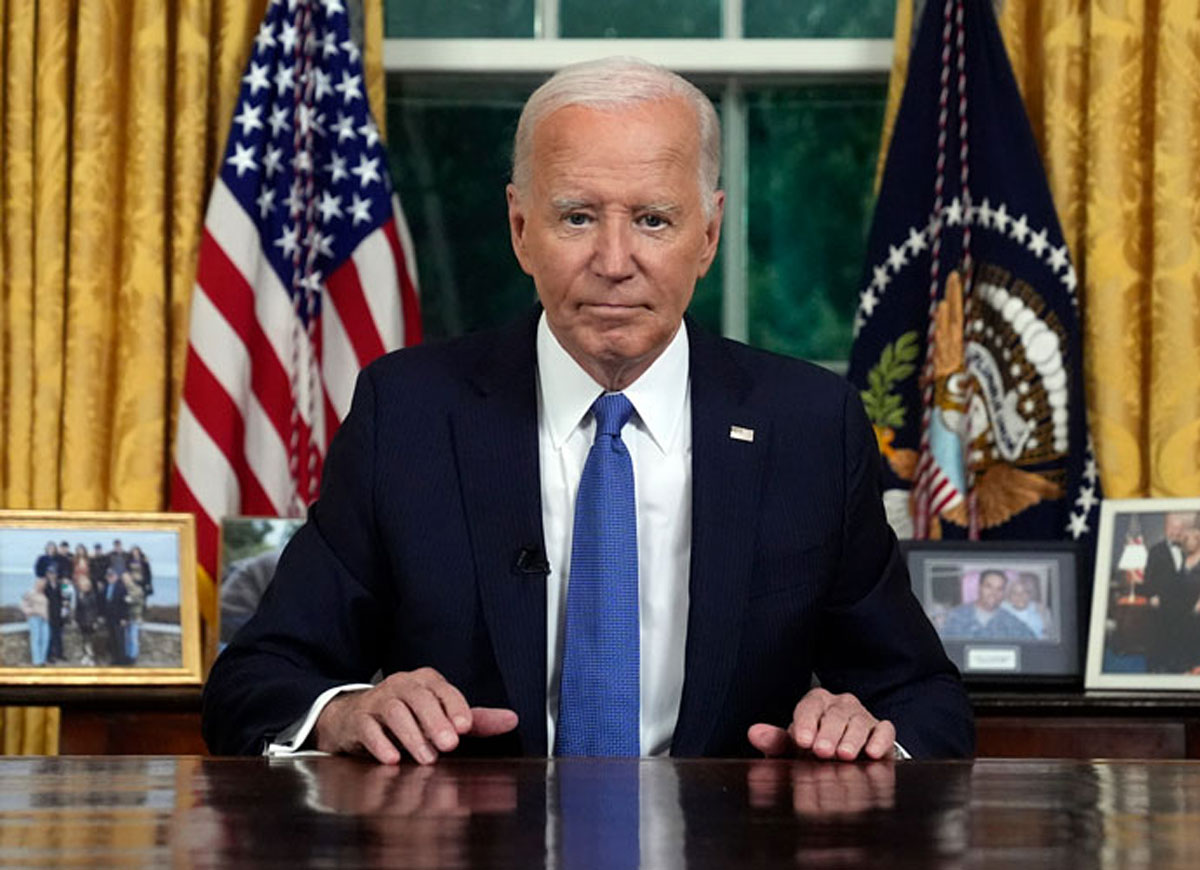Gwen Stefani Criticized For Declaring ‘I’m Japanese’
Gwen Stefani is facing another wave of cultural appropriation accusations after saying she’s “Japanese” in a recent interview with Allure.
In the article, the singer, 53, doubled down on one of her most controversial endeavors: the Harajuku era.
During the promotion of her 2004 debut album Love. Angel. Music. Baby., Stefani regularly paraded around four Japanese backup dancers who she called her “Harajuku girls,” and Japanese-inspired imagery was used in many of her performances, even being compared to blackface.
IN MEMORIAM 2022: 100 GREAT CELEBRITIES WHO DIED IN 2022
She also released her Harajuku Lovers perfume line in 2008 and a Harajuku Mini fashion line in 2011.
With the release of her new vegan cosmetics line, GXVE, Stefani discussed her previous beauty venture. Asian-American journalist Jesa Marie Calor writes about asking Stefani “what she felt she may have learned from Harajuku lovers – considering its praise, backlash and everything in between.”
Stefani responded with an oft-repeated story about how she traveled between California and Japan for 18 years while her father worked at Yamaha.
“That was my Japanese influence and that was a culture that was so rich with tradition, yet so futuristic [with] so much attention to art and detail and discipline and it was fascinating to me,” Stefani said. She continued that she traveled to Harajuku, a district in Tokyo, about which she recalled, “I said, ‘my God, I’m Japanese and I didn’t know it.”
The star told Calor that it “doesn’t feel right” for people to criticize her for “being a fan of something beautiful and sharing that.”
Calor wrote that she called herself Japanese multiple times throughout the interview, once calling herself “a little bit of an Orange County girl, a little bit of a Japanese girl, a little bit of an English girl.” The journalist wrote that a key distinction between appreciation and appropriation is something Stefani knows very well: commodification.
Stefani has been the subject of grievances from many groups in her decades-long career. She has imitated Hispanic culture and sexualized its religious symbols, worn a bindi as a costume and dressed up in stereotypical Native American attire in a No Doubt music video.
The Harajuku era has without a doubt had the longest-lasting impact, and her recent statements about it have prompted many fans to call out the pop icon on social media.
RELATED ARTICLES
Get the most-revealing celebrity conversations with the uInterview podcast!




 by
by 



Leave a comment